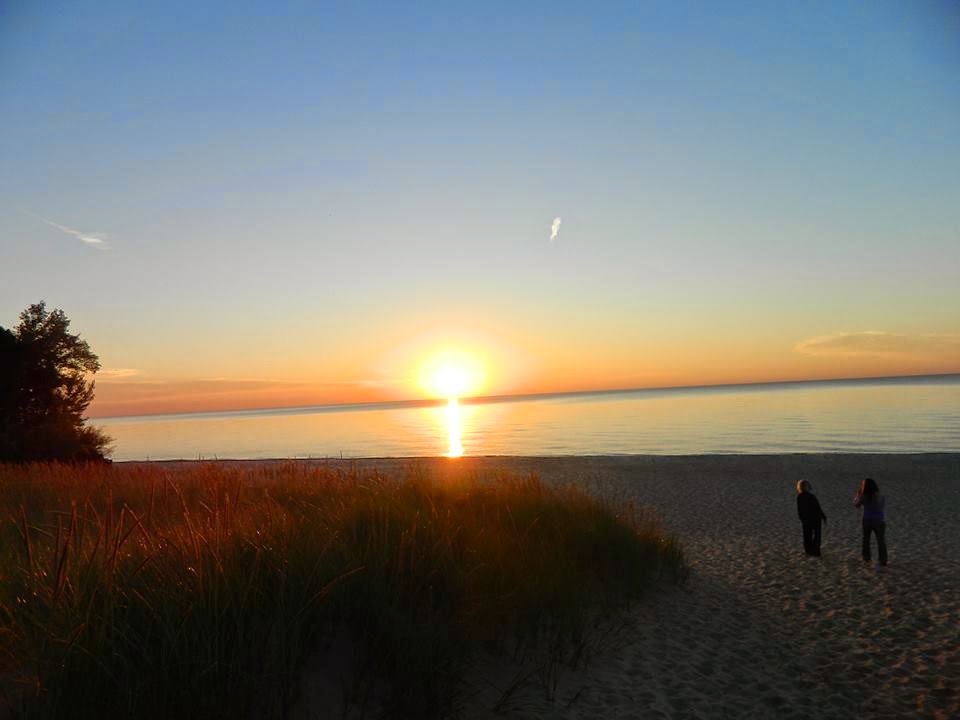First of all, then, I urge that supplications, prayers, intercessions, and thanksgivings be made for all people, for kings and all who are in high positions, that we may lead a peaceful and quiet life, godly and dignified in every way. This is good, and it is pleasing in the sight of God our Savior, who desires all people to be saved and to come to the knowledge of the truth. 1 Timothy 2:1-4
It is important to heed St. Paul’s admonition to pray. What may be surprising to some is his urging to pray “for kings and all who are in high positions.” God wants us to pray for the leaders of our nation. What is the goal of our prayers? The answer is: “That we may lead a peaceful and quiet life, godly and dignified in every way.”
In the Church we seek to fulfill God’s desires. This is most effectively accomplished when we are not distracted by the rigors of war and distress. God desires that all people “be saved and come to the knowledge of the truth.” As we attend to these activities of sharing the word of God with people, we pray for our national and local leaders.
Since God’s ultimate desire is for all people to be saved, we know that we must fulfill our calling. We are to proclaim Christ crucified even in times of war. It may be that in times of war God moves us to be more focused on Divine guidance and protection. Hence the phrase, “There are no atheists in foxholes.”
Such was the case on September 13 and into the morning of September 14, 1814 as Francis Scott Key witnessed the defense of Fort McHenry from a ship in Baltimore harbor. The British carried out a bombardment of the fort lasting 27 hours and expending 1,500 to 1,800 cannon balls. It is easy to imagine that Francis Scott Key offered fervent prayers for his countrymen as they endured such an onslaught. Think of his relief when his prayers were answered and in the morning he saw the massive American flag catching the breeze over Ft. McHenry.
He describes this experience in the seldom sung second stanza of The Star Spangled Banner:
On the shore dimly seen through the mists of the deep,
Where the foe's haughty host in dread silence reposes,
What is that which the breeze, o'er the towering steep,
As it fitfully blows, half conceals, half discloses?
Now it catches the gleam of the morning's first beam,
In full glory reflected now shines in the stream:
'Tis the star-spangled banner, O! long may it wave
O'er the land of the free and the home of the brave.
We also know of Francis Scott Key’s faith from the final stanza of The Star Spangled Banner. (From 1818 until his death in 1843, he was associated with the American Bible Society.)
O thus be it ever, when freemen shall stand
Between their loved home and the war's desolation.
Blest with vict'ry and peace, may the Heav'n rescued land
Praise the Power that hath made and preserved us a nation!
Then conquer we must, when our cause it is just,
And this be our motto: "In God is our trust."
And the star-spangled banner in triumph shall wave
O'er the land of the free and the home of the brave!
This stanza is a hymn of praise to God. It is His Power that has made our nation and Francis Scott Key recognizes that it is God’s Power that preserves our nation. Indeed it is Heaven that has rescued our land. To this day our coins echo the motto first proposed by the sixth line of this final stanza.
May our national leaders return to the faith of our fathers. May God continue to grant us the hard won peace that we may ever proclaim Christ and His salvation to our countrymen and around the world.
Prayer: Lord, thank you for preserving our land through the bravery of men and women who have gallantly fought to keep us the land of the free. Amen.
Star Spangled Banner Flag
on display at the
Smithsonian's National Museum of History and Technology,
about 1964
God’s richest blessings in Christ,
Pastor Philip Quardokus






